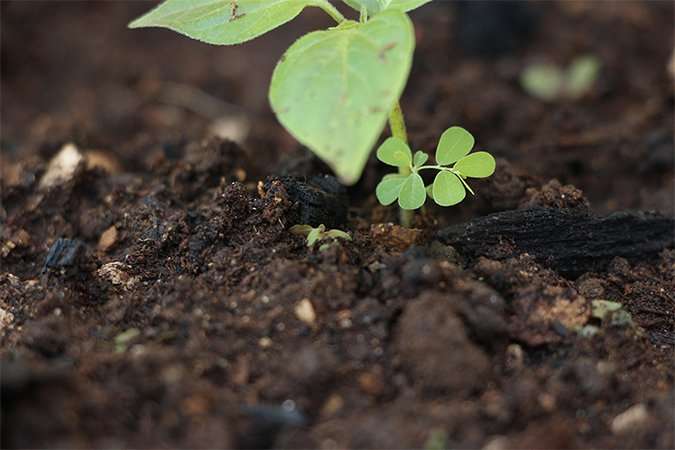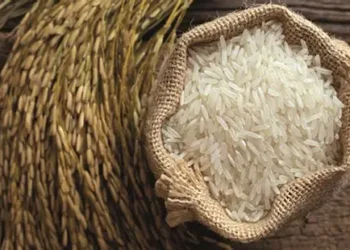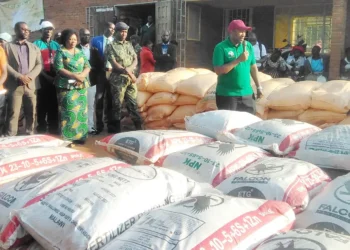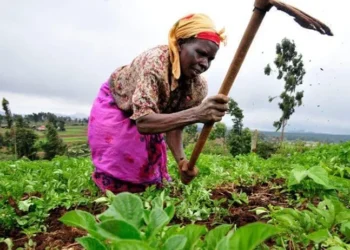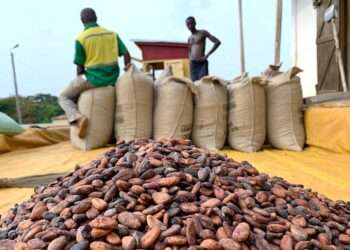The Council for Scientific and Industrial Research (CSIR) College of Science and Technology (CCST) has begun a progressive study to develop smart organic fertilizers for small and medium scale farmers in the country.
The Soil Resources Management Department of the College at Kwadaso in Kumasi is leading the studies to help provide nutrient fortified and briquette compost to farmers to maximize crop yield at a reduced cost, while safeguarding the environment.
Professor Mark Appiah, the President of CCST, stated that the current geopolitical situation in Europe has resulted in shortage of global inorganic fertilizer supply from Russia and Ukraine.
According to the President of CCST the condition has led to scarcity of inorganic fertilizer in Ghana and threatened agriculture and food security.
Prof. Appiah, meanwhile explained that the objective of the study is to come out with fortified compost resources with the required macro and micronutrients for crop production, develop briquetted compost for ease and accurate application in crop production.
This study, according to Prof. Appiah, would prevent excessive use of nitrogen fertilizer and reduce the release of nitrous oxide (a greenhouse gas). “That would mitigate the effect of climate change.”
“The production of smart organic fertilizers will also enhance nutrient use efficiency and promote the use of compost by farmers.”
Mark Appiah
The Impact of the Study on the Economy
Prof. Appiah, highlighting the impacts of the study on Ghana’s economy said, it would maximize and sustain crops production through smart organic fertilizer use and reduce the pollution associated with the inappropriate disposal of organic waste as well as reducing mineral fertilizer imports.
“Unlike the mineral fertilizer that has issues with nitrate leaching into water bodies and contaminating the environment, there is a minimum of that in the organic fertilizer. We are sure that when farmers use the new technology, more nitrogen will be fixed into the soil, the leaves of the crops will drop, and when the leaves drop, it will also improve soil fertility.
“So, when they rotate that field to the next crop, which could be millet, sorghum, or corn, what will happen is that, in some cases, they do not have to apply the full mineral fertilizer that they need. They may apply for half. So, indirectly, the farmers will reduce their production cost by 50 percent if they adopt the new technology in their farming system.”
Mark Appiah
Prof. Appiah added that the Department of Plant Resources Development at Fumesua was also identifying high yielding and stabilizing maize hybrids under low and high nitrogen growing environments.
“It would also reduce the production cost of farmers, especially in an era where fertilizer prices are very high on the market.”
Mark Appiah
Recently, CSIR developed a technology known as microbial inoculant or bio-fertilizer, which has been proven to increase the yield of soybeans to three tonnes per hectare, compared to the current yield, which stands at a maximum of one tonne per hectare. It also increase the yields of grain legumes, such as cowpea, Bambara bean groundnut, and soybean to ensure food security.
READ ALSO: Backdoor Computer Malware In Africa Skyrocketed In Q2 2022



